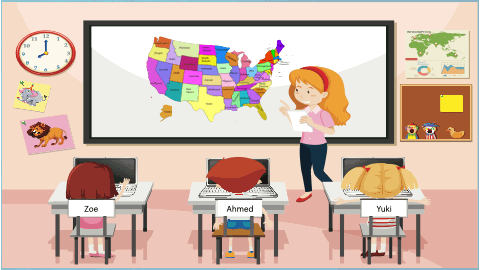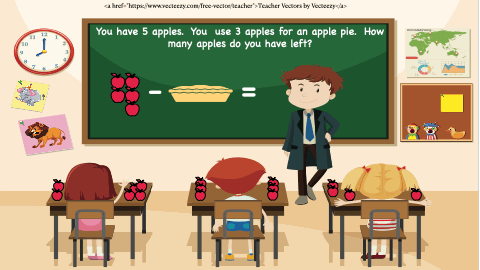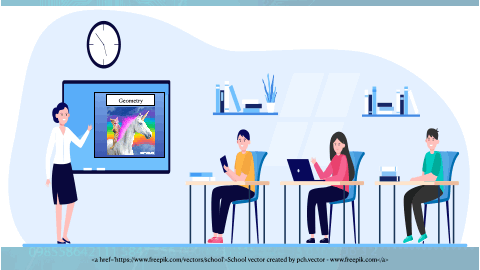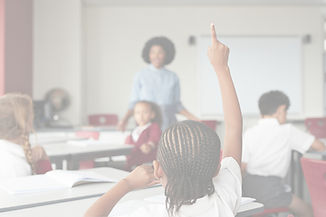
Reflections on Theory and Practice
In Pursuit of Understanding and Practices That Drive the Greatest Impact in Education
We talk a lot about engaging kids in school, but don't distinguish engagement and learning.
What is the difference between learning and engagement!
Engagement is multifaceted. It involves attention, motivation, feelings, discipline, management.
Learning put simply is the ability to access and utalize information and process that have been encoded in the brain.

Why Is This Important?
It has been my experience in education that we much of our conversations and efforts revolve around engagement. The problem lies in the fact that we use the word engagement to cover learning as well and we don't distinguish the two. It sounds like,
"That lesson was so good, the kids were so engaged!"
"How will you engage the students?"
No one ever follow up the questions with,
"How did they do on your exit ticket?", or "What is your assessment to gauge their learning."
Let's take a look at a few examples of where engagement is misleading.
Example 1: You do a quiz in Social Studies about the 50 states with a class. The students are having a great time competing with each other and are very engaged.
The purpose of this activity is to help them practice naming each of the 50 states based on the shape of the state. Zoe is loving this activity and competing with her friends. In her mind, she if focused on beating her other friend Ahmed.
Each time her focus switches to her friend Ahmed to see if she beat him or not, but is not focused on if her answers are right or wrong.
Her focus is not on retrieving and making connections to the information, but on the competition. So she is engaged but focused on the wrong thing.

Example 2: You are doing a lesson on subtraction and you are subtracting apples. You bring in apples for the students to manipulate and eat afterward.
One of your students didn't have breakfast. He is very engaged on the apples but his focus is on his hunger and not on the subtraction. He may be engaged but might night retain the information because he is focused on his hunger and not the subtraction.

Example 3: A teacher puts a lot of funny gifs in their presentation on geometry because they know the kids love them and it keeps them engaged. But the gifs don’t really connect to geometry.
Each time she comes to one of the gifs, the kids are so engaged. They laugh and talk about it. But when the presentation is finished, they only remember the gifs and not the information. Their working memory was so focused on the fun but unrelated stuff, that it didn't take in the knowledge the teacher wanted them to. They were engaged on the wrong information.

Seductive Details
Becareful of seductive details. These are interesting but irrelevant information that are not necessary to achieve the instructional objective. The seductive detail effect occurs when people learn more deeply from instructional messages that exclude rather than include these details.
Unexciting or Unengaged
There is the reverse of this as well. While a student may not be entirely engaged or interested in a lesson, or the lesson might not be the most engaging lesson, a student can still learn what they are supposed to learn They were disengaged but still learned.


Theory to Practice:
A teaching connection
Final Take Away
1st: Focus on what needs to be learned and how you will know it was learned or not.
2nd: Focus on how to engage the students in fun and interesting ways. If you don't always have time to do this you will still be prepared to assess learning.
The alternative being you did an engaging lessons, but don't know which students got it or how well the students learned the informaiton.
If you want to learn more about Engagement and Learning:
References I used for this page:
Blumenfeld, Phyllis & Rogat, Toni & Krajcik, Joseph. (2006). Motivation and Cognitive Engagement in Learning Environments.. The Cambridge Handbook of the Learning Sciences.
Meece, Judith L.,Blumenfeld, Phyllis C.,Hoyle, Rick H.Journal of Educational Psychology, Vol 80(4), Dec 1988, 514-523
Hidi, S. & Renninger, K. A. (2006). The four-phase model of interest development. Educational Psychologist, 41, 111-127.
Fredricks, J. A., Blumenfeld, P. C., & Paris, A. H. (2004). School engagement: Potential of the concept, state of the evidence. Review of Educational Research, 74(1), 59-109.
Fredricks, J. A. (2014). Eight Myths of Student Disengagement: Creating Classrooms of Deep Learning. Los Angeles: Corwin.